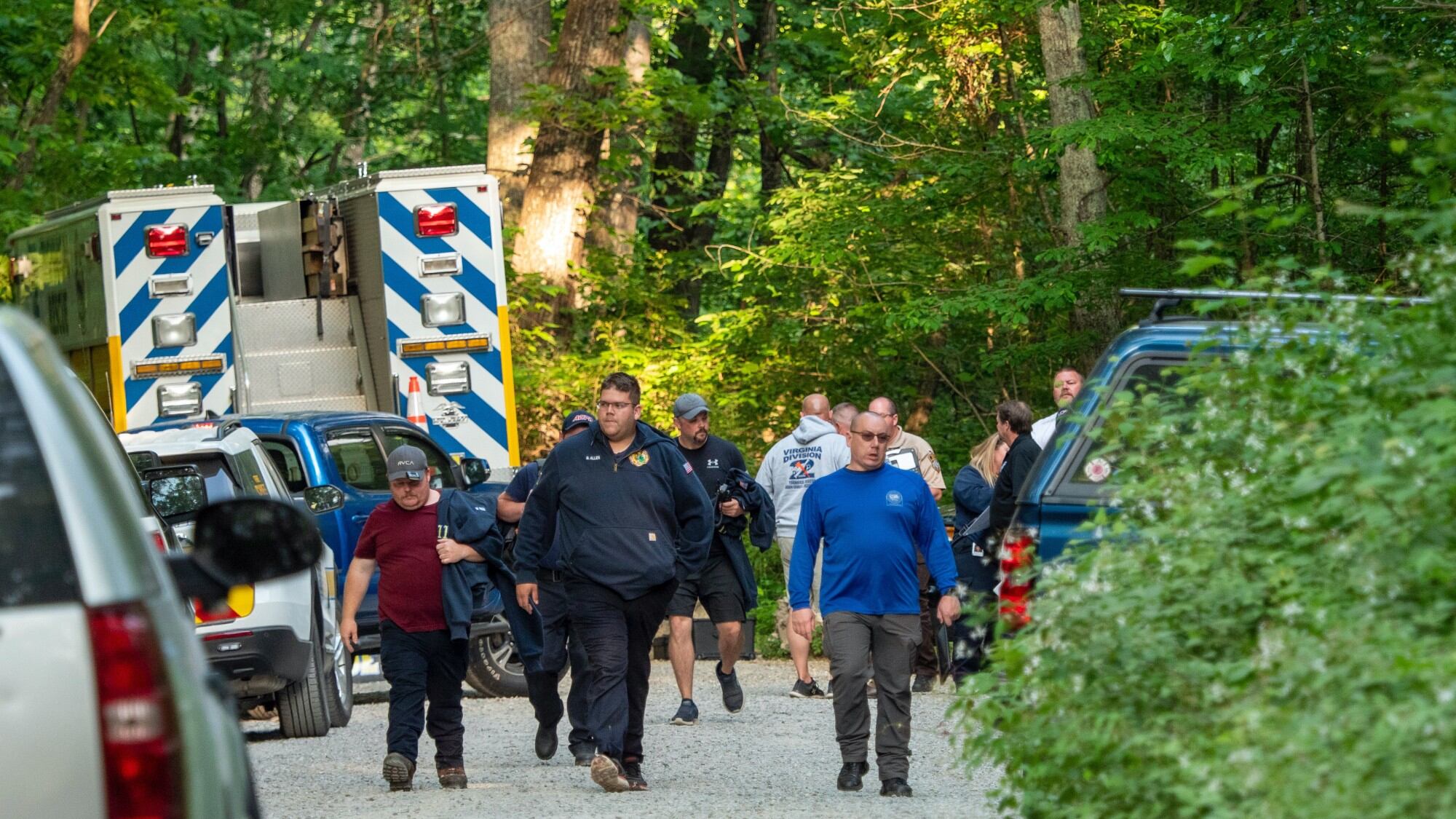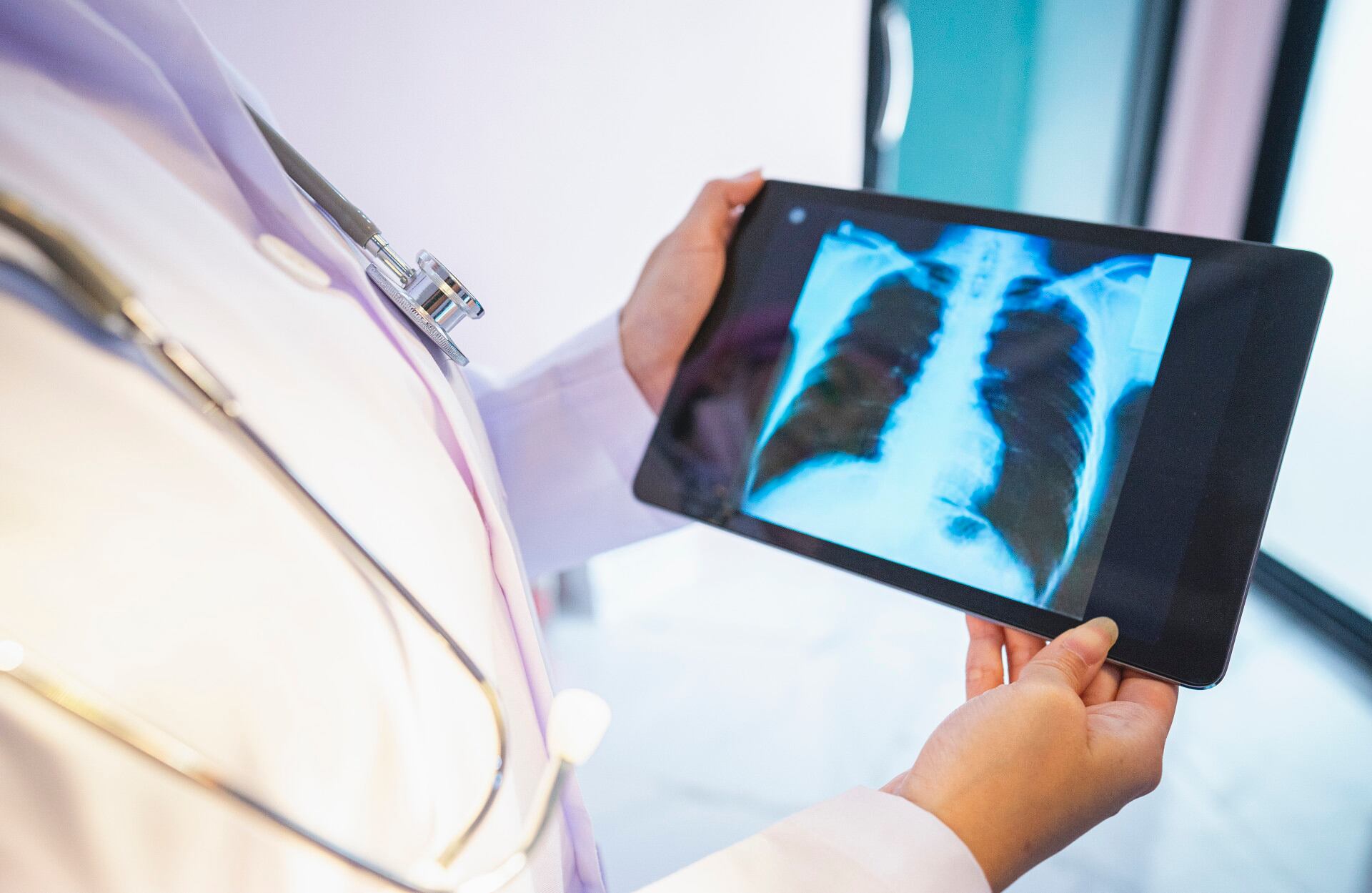Swedish mining company LKAB has discovered what CEO Jan Moström called "the largest known deposit of rare earth elements in our part of the world."
Demand for rare earth metals has skyrocketed in recent years with the adoption of electric vehicles, wind turbines, and other renewable energy and battery technologies, making the find a big deal indeed.
“Without mines, there can be no electric vehicles,” Moström said in a press release.
LKAB stumbled upon the Per Geijer deposit at its iron ore mine in Kiruna, which is nearly 600 miles north of Stockholm in the arctic region of Sweden.
Ebba Busch, Sweden’s minister of energy and business, touted the geologic find as a win for the European Union's ongoing efforts to achieve energy independence from Russia and China — countries which currently extract and refine the bulk of the world's rare earth minerals.
”We need to strengthen industrial value chains in Europe and create real opportunities for the electrification of our societies. Politics must give the industry the conditions to switch to green and fossil-free production,” she said.
Mining the resources, however, could be a long way off. LKAB explained in the announcement that it first needs to receive what's called an "exploitation concession" from the government. It also needs to complete its own due diligence to understand the conditions of the deposit before it starts rolling in the equipment. The company expects the process to take 10 to 15 years.
“We are already investing heavily to move forward, and we expect that it will take several years to investigate the deposit and the conditions for profitably and sustainably mining it," said Moström
He added that the Swedish government should change the permit process to speed up the mine's development.













